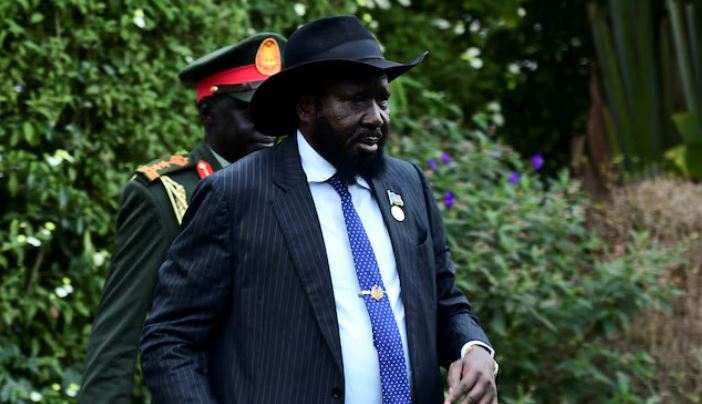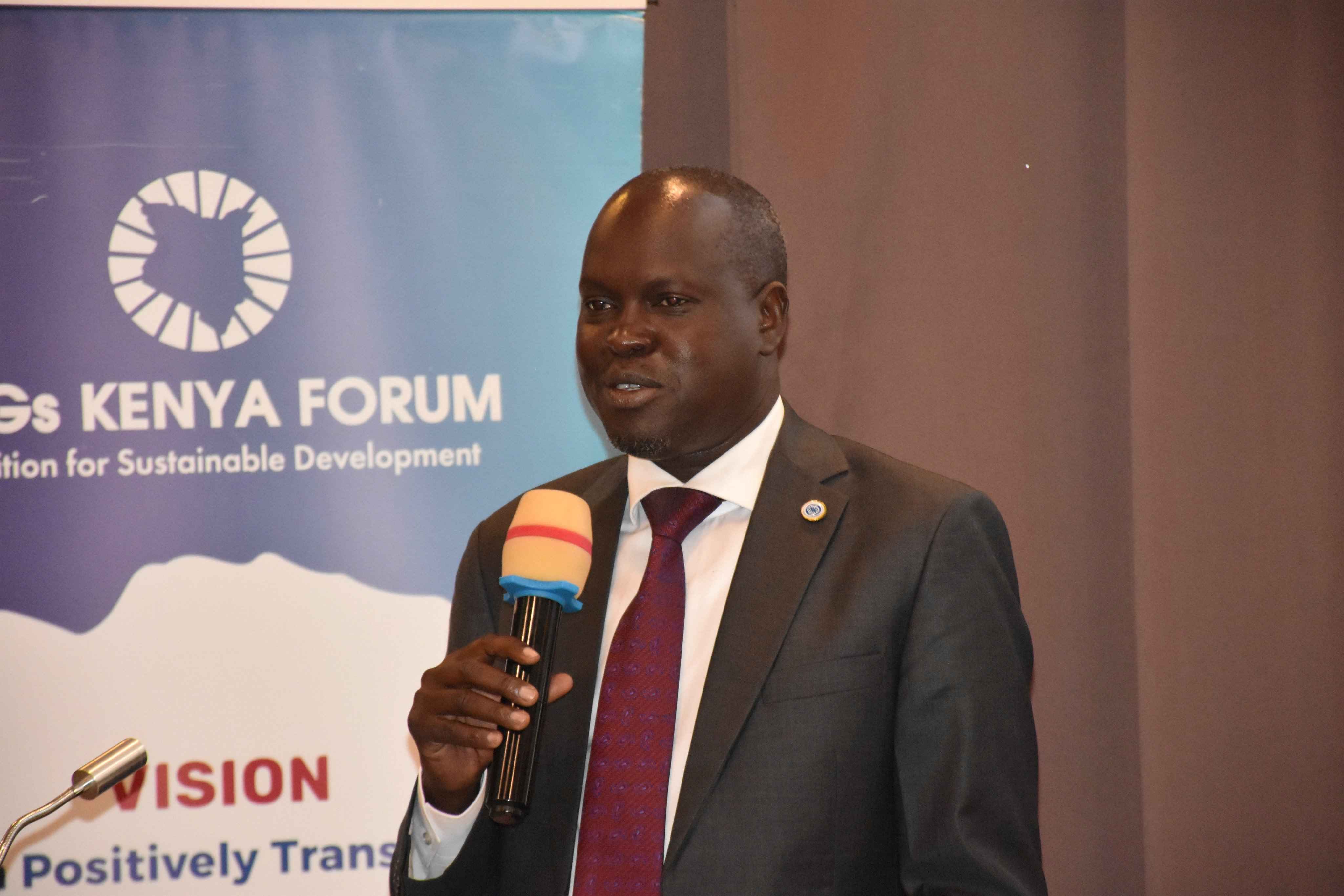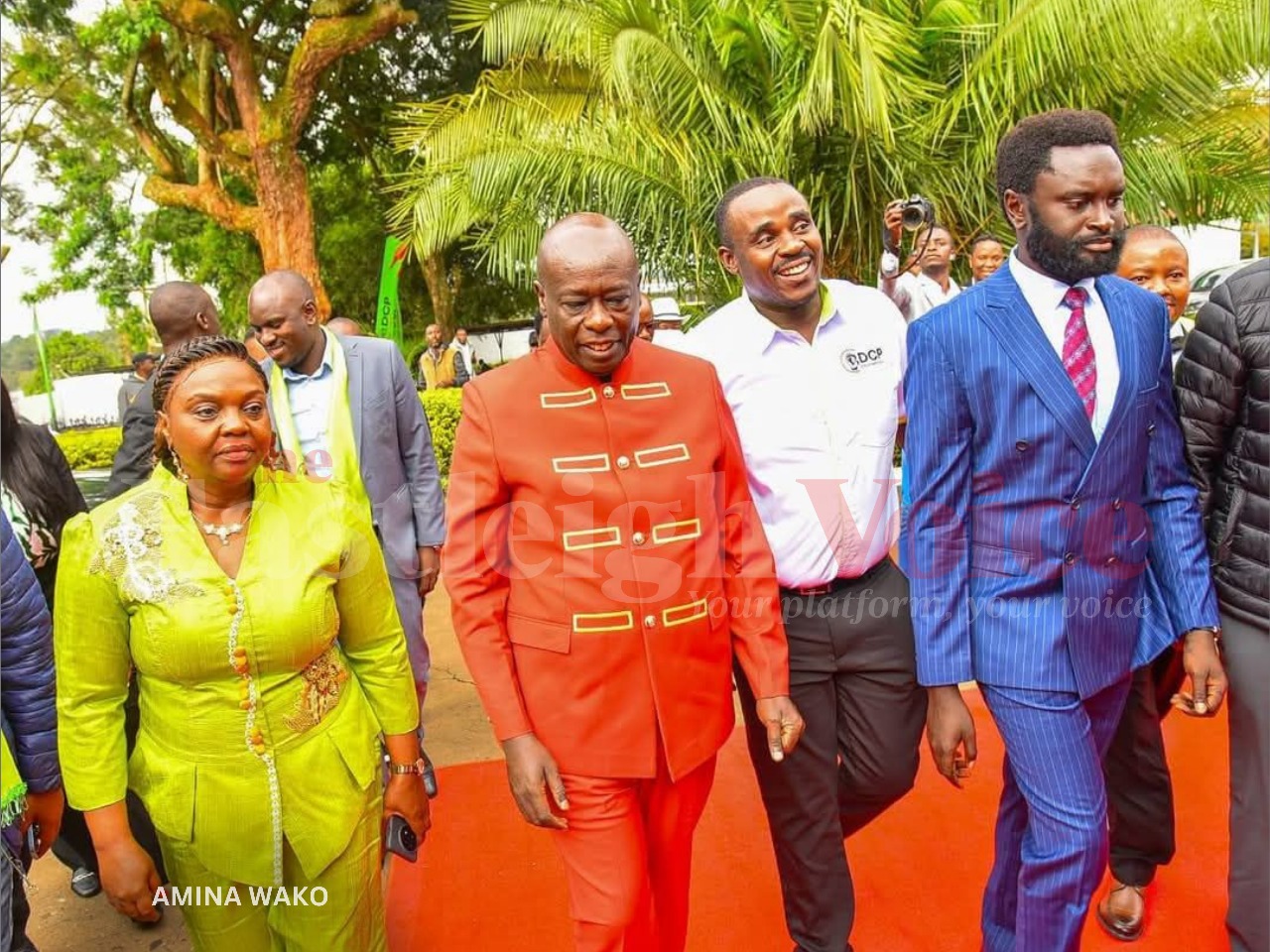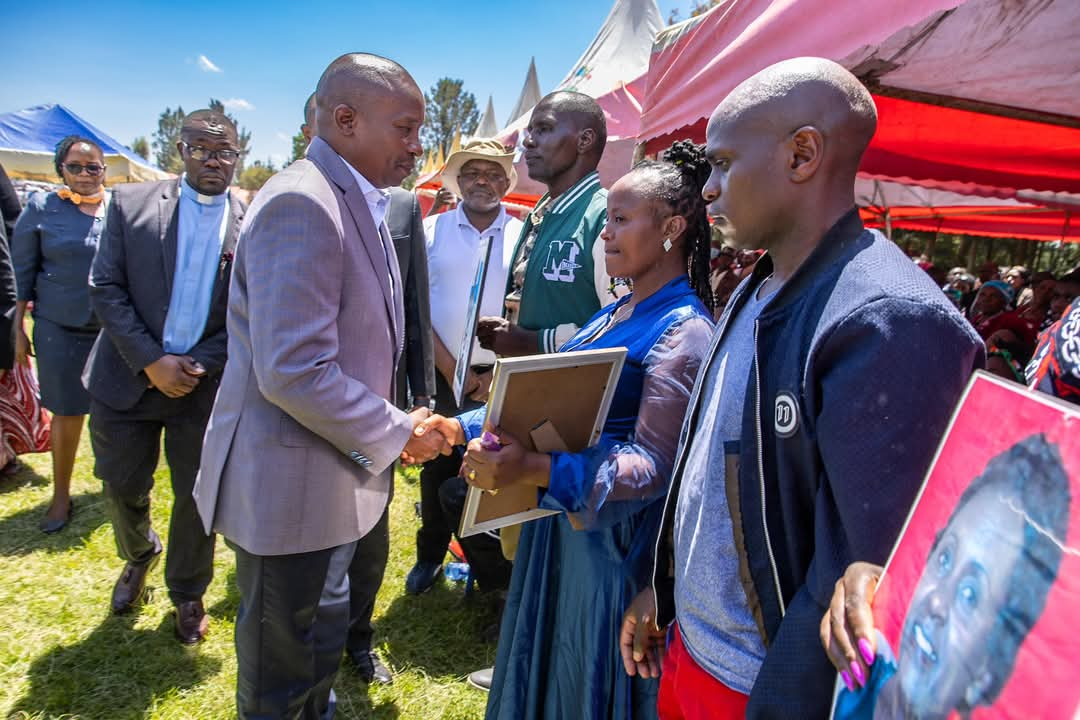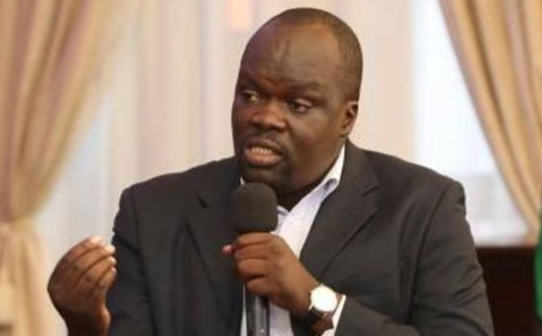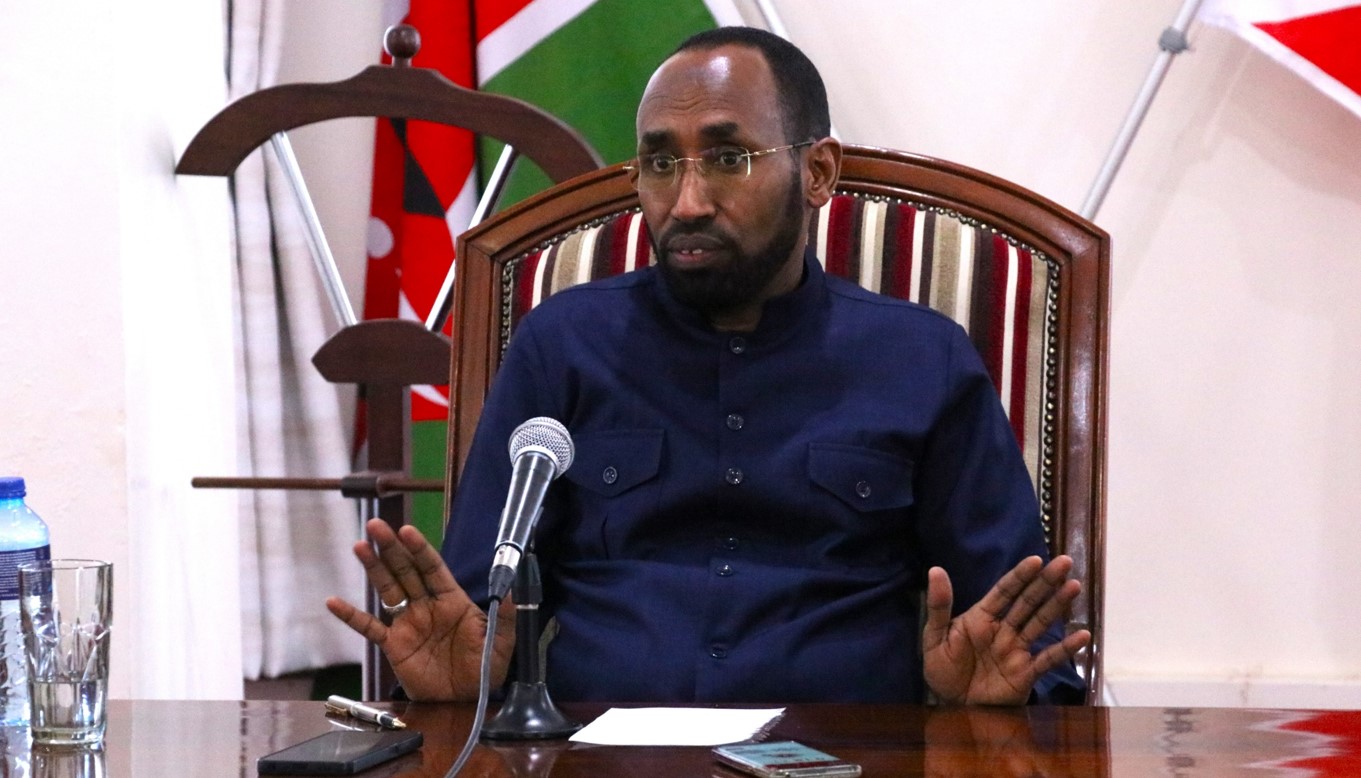From Kamukunji to Kenya’s dugouts: The football life of Ken Odera
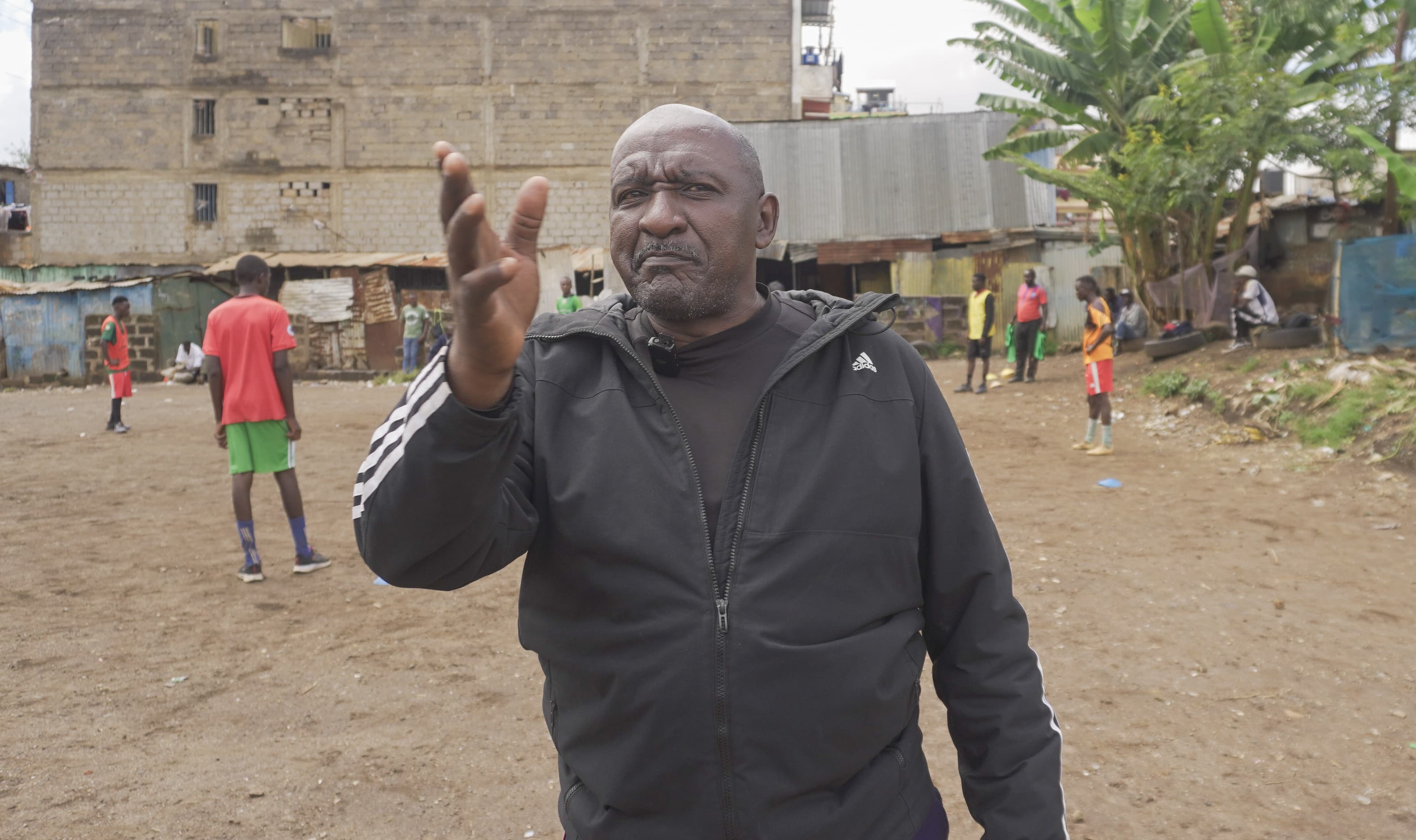
For more than three decades, Ken Odera has been a constant presence in Kenyan football. From his early days in Kamukunji to coaching at top clubs and mentoring youth in Shauri Moyo, his story is one of quiet commitment to the game and the communities it can change.
At 65, Ken Odera remains a familiar figure in grassroots football circles across Kenya. With over three decades of coaching experience, he has mentored hundreds of young players, often with no pay, no spotlight, and no complaints.
Odera’s story begins in Kamukunji, Nairobi, where he grew up and first kicked a ball with Shauri Moyo Sportif FC. “Football is in my blood,” he says. “It’s something I’ve always done, and I still enjoy it.”
He started coaching while still in college and has since held roles at some of the country’s biggest clubs. He was an assistant coach at Gor Mahia under Bobby Ogola and later at KCB with Rashid Shedu. He also led teams like Administration Police (now Kenya Police), Coast Stars, Congo Boys, Osotua Fastack, and various National League sides across Naivasha, Nairobi, and Gatundu.
More To Read
“If I start listing all the teams I’ve coached, we’ll be here all day,” he jokes.
Despite his work with top-tier clubs, Odera’s heart remains in the grassroots. Today, he still trains youth in Shauri Moyo entirely free of charge. “Nobody pays me,” he says. “I do it because I love football.”
But football, for Odera, is more than just a game. It’s a tool to steer young people away from drugs, crime, and despair. In a neighbourhood where many boys face daily temptations, he offers them discipline, structure, and hope. “When you’re training and playing, you don’t have time for bad things,” he says. “But it’s not easy. Drugs and crime are still thriving, and sometimes the police take bribes. The system is failing these kids.”
Still, he persists. For Odera, success isn’t measured in trophies but in lives changed. His own daughter once played football, before moving to the United States, where she built a new life. “That’s what football can do,” he says.
As retirement approaches, Odera is looking to return home - not to rest, but to give back. “I have about a year and a half left in Nairobi,” he says. “Then I’ll go back home to teach people there. They need me.”
In a football world often obsessed with money, fame, and transfers, Ken Odera stands for something different. A whistle, a ball, and a patch of grass are all he needs to keep believing and keep others believing too.
Top Stories Today

